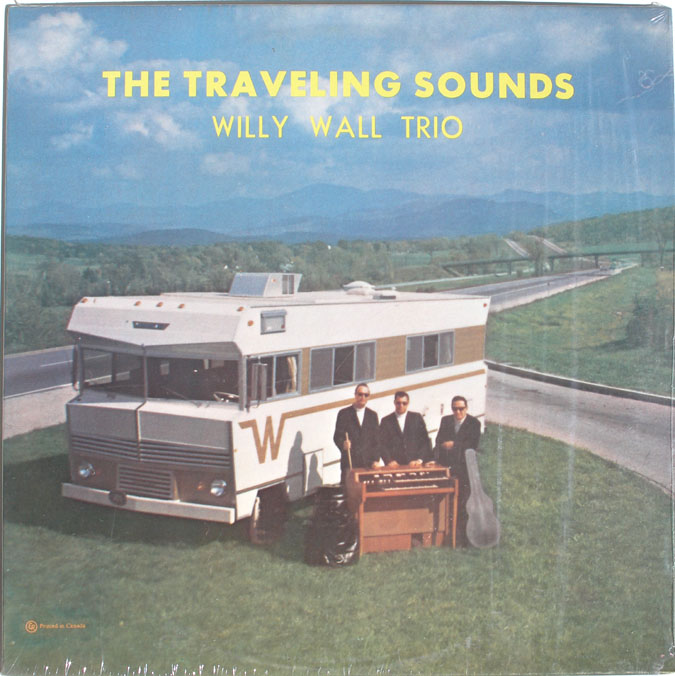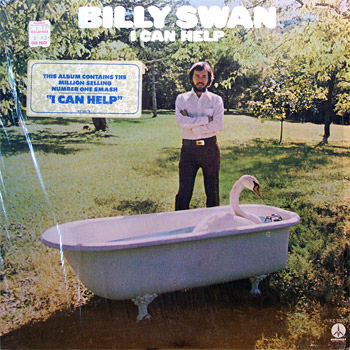This new series is inspired by another blog where writers Wes Clark and Bob Hargus just list out a raft of seventies songs that “suck”, with some subjective criteria included, not to mention the odd bit of commentary. Among those listed are, of course, the music we all think about when we think of tacky songs of that period: a good chunk of ABBA, “Feelings” by Morris Albert, “I Will Survive” by Gloria Gaynor (I once saw this single nailed to a pillar in front of a Toronto used record store on Yonge Street, south of Bloor — rotate that!), Dan Hill’s “Sometimes When We Touch”, and most things found in any K-Tel catalogue.
You probably expect me to list those things, along with the predictable tut-tutting of what we all listened to, and how it makes us feel foolish. But you know what? I won’t. And that’s because what passes for a monster musical hit these days is worse than the worst seventies song. Yes, there are exceptions, there are always exceptions, but there are many good reasons that songs these days suck so much, mostly having to do with the changes in the music industry. It seems to me, that in an attempt to become a predictable source of revenue to its shareholders, the hit songs of today have to sound like previously existing hit songs. Punk rock also saved the major labels a load of money in not having to book so much studio time so that the band could get its act together. This was because not rehearsing or even checking to see if their instruments are in tune is the whole point of punk rock. But as music fans started to understand the political statement behind being a punk, they probably started to discover that they can take control of their lives and improve their communities without needing to listen to such shitty music while they’re doing it. It also doesn’t seem quite as necessary as it used to be to dye your hair purple, wear a mohawk, or stick a clothes pin through your nostril to rebel against vanity and fashion. Although, that kind of fashion idiocy has been replaced by another form of fashion idiocy, inspired by Rap and Hip-Hop. I have already previously commented on the similarities in tastes in clothing and how it is worn, to that of rednecks. What goes around comes around.
So, for my first instalment in this series, I present to you my reasons for why Diana Ross, and “Touch Me In the Morning”, does not suck. I think this song is actually a good song, foremost because of the fact that it is better than any torch song or ballad sung these days. But even on its own merit, it is classic motown, and the song reached number 1 and charted on Billboard for nearly 6 months. Most motown artists worked through the sixties making hit records, but it wasn’t until the seventies that the craft of artists like Stevie Wonder, Roberta Flack, The Supremes, and Marvin Gaye was perfected, and we heard the best motown could offer. The part I like best in this song is the beginning, as it builds up. When it does build up, I imagine that people might say it sounds too much like disco. But remember, this was 1973, and disco did not become big until much later. Maybe disco was trying to sound too much like Diana Ross.
Visits: 82


